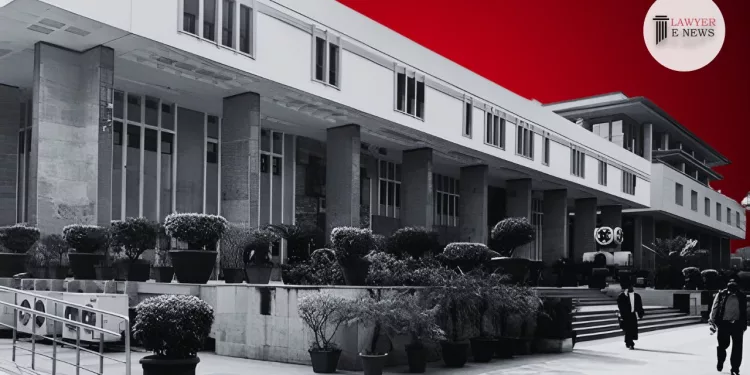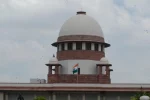Delhi High Court directs RCI to process fresh proposals for D.Ed.Spl.Ed. and B.Ed.Spl.Ed. courses for the 2024-2025 academic session, emphasizing the principle of legitimate expectation.

In a significant judgment, the High Court of Delhi has quashed the decision of the Rehabilitation Council of India (RCI) to return applications submitted by various institutions for starting special education courses for the academic session 2024-2025. The court, presided by Justice C. Hari Shankar, underscored the principles of promissory estoppel and legitimate expectation, directing the RCI to process the proposals as per the law.
The case involved multiple writ petitions filed by institutions like the Delhi College of Special Education, Shanti Niketan College of Special Education, Sikkim Professional University, Mangalayatan University, Karnimata College of Education, and Sanjeevani College of Education. These institutions had submitted applications to the RCI for commencing various special education courses. Despite conforming to the RCI’s prescribed norms, their applications were returned without consideration. The RCI justified its actions based on a letter from the Ministry of Social Justice and Empowerment, which recommended discontinuation of certain courses in alignment with the New Education Policy (NEP) 2020.
The court noted that the RCI had initially invited fresh proposals from institutions to conduct special education courses for the academic session 2024-2025 through several circulars issued between May and August 2023. These circulars had led the petitioners to invest significant resources to comply with RCI norms. The subsequent decision to return these proposals, based on a ministerial letter, was deemed arbitrary and unjustified.
Promissory Estoppel and Legitimate Expectation: Justice C. Hari Shankar emphasized that the RCI’s circulars amounted to clear representations, inducing the petitioners to submit proposals and invest resources. The court ruled, “The decision to resile from this representation without adequate justification or supervening public equity was not permissible. Petitioners could not restore status quo ante, making the initial representation irrevocable against RCI.”
Arbitrariness and Lack of Statutory Basis: The judgment highlighted that the decision to return the proposals lacked statutory backing and was based solely on a ministerial letter without due consideration by the RCI’s Executive Committee. “No statutory provision or amended regulation justified the return of applications for diploma and degree courses,” the court observed, adding that the ongoing need for special educators further negated any public interest justification for the decision.
NEP 2020 Considerations: The court found inconsistencies in the RCI’s actions, noting that the NEP 2020 recognized the urgent need for additional special educators. The decision to enhance seats in existing institutions while refusing new proposals was inconsistent with the objectives of NEP 2020. “Enhancing seats in existing institutions while refusing new proposals was inconsistent with the stated objectives of NEP 2020,” the court remarked.
Justice C. Hari Shankar stated, “The representation held out by the RCI to the public that fresh proposals for all Special Education courses, including Diploma level courses, were welcome, has become final and irrevocable against the respondent.”
The High Court’s ruling reinforces the principles of promissory estoppel and legitimate expectation in administrative actions. By directing the RCI to process the petitioners’ proposals, the judgment ensures that investments made by educational institutions in good faith are protected. This decision is likely to have significant implications for the administration of educational policies and the legal framework governing special education courses in India.
Date of Decision: 31st May 2024
Delhi College of Special Education & Ors. V. Rehabilitation Council of India






